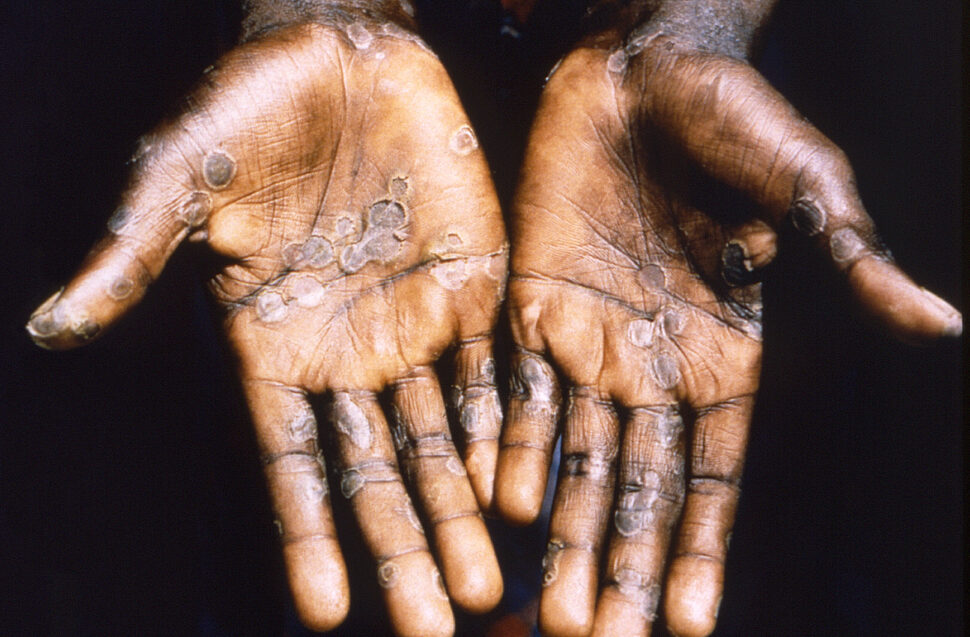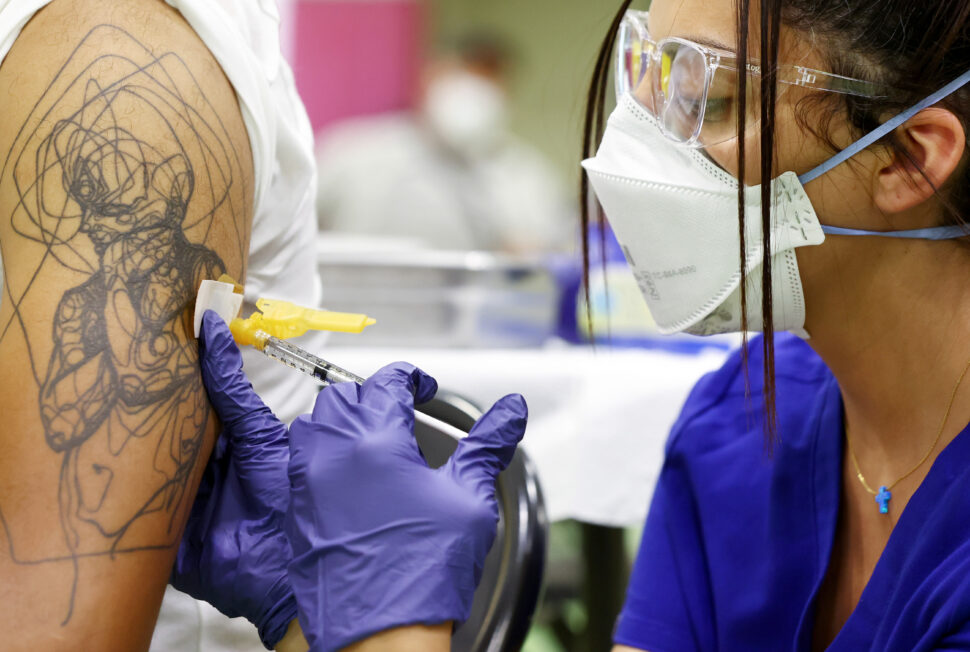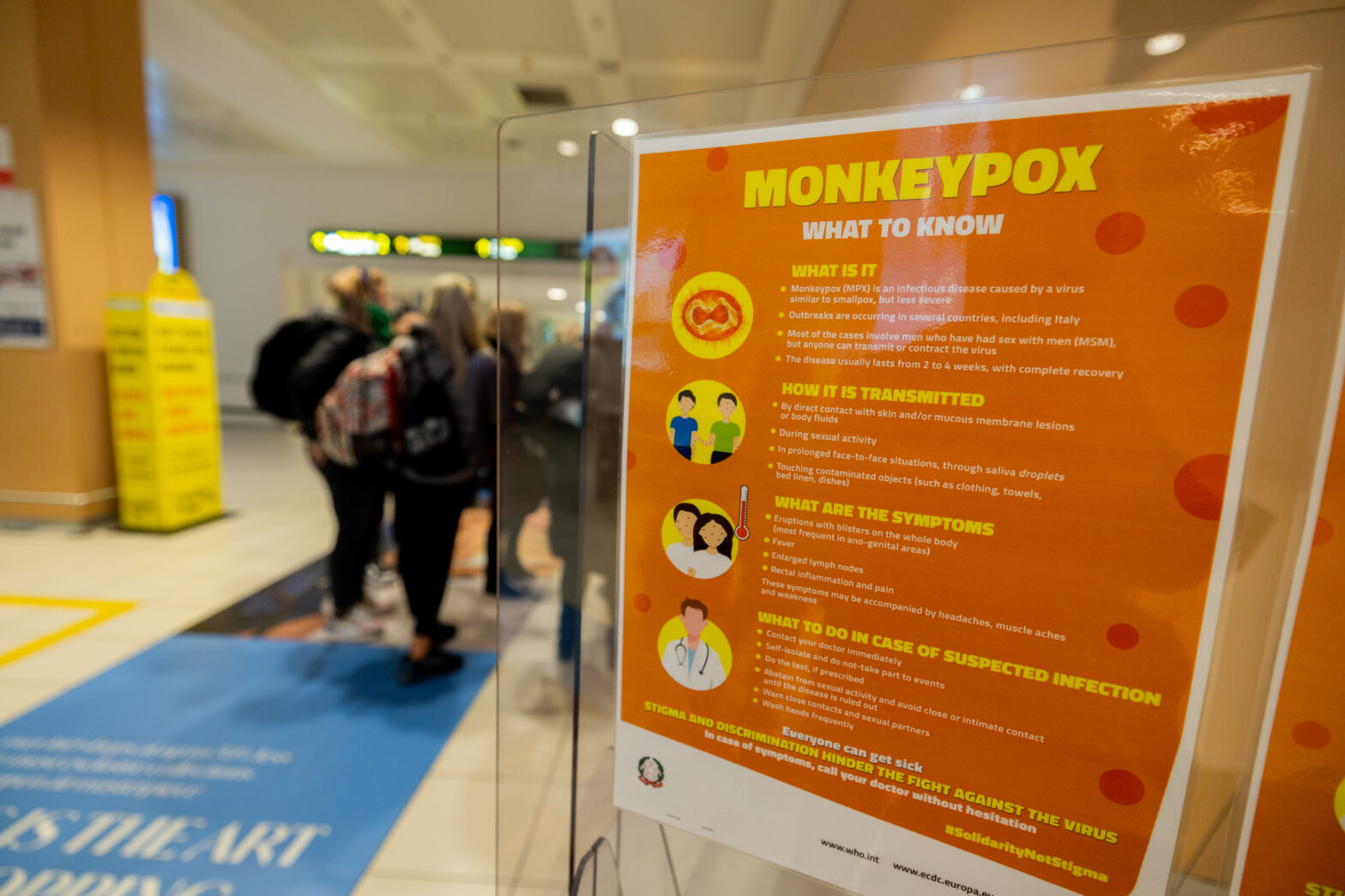Amid the COVID-19 lockdowns, very little travel was happening as the world came to a sudden halt. Thankfully, medical experts didn’t take long to find ways for people to leave home safely and even visit other countries. Society will never revert to the way it was before the pandemic. Still, we have comfortably adjusted to this new normal, as shown in the vast difference between the 2021 Tokyo Olympics and the more recent Games in Paris. While we were masking up to protect against COVID, the World Health Organization (WHO) also brought our attention to another virus – monkeypox – that had outbreaks in 2022 and now again in 2024.
When speaking to National Geographic during the former, WHO mpox technical lead Rosamund Lewis told the publication, “We actually don’t know nearly as much [about the virus] as we would like to.” Nevertheless, she doesn’t “want people to worry.” Instead, Lewis shared that focusing on knowledge and awareness can help us protect ourselves. “What we need is for each person to know their own risk…and manage it.” Here’s everything we know about how mpox might impact your upcoming travel plans.
What Is Monkeypox?

The first known human case of mpox came from a young boy in the Democratic Republic of Congo in 1970, but the virus was discovered via monkeys in a Danish research lab in 1958. Since the initial DRC case, most infections have been in West and Central Africa. Most were considered “spillover events” from hunting and butchering infected wild animals, according to Lewis.
Monkeypox is a cousin of smallpox, although the former is less severe and contagious; both are orthopoxviruses, pairing them with 10 others including cowpox and camelpox. These are zoonotic diseases, which are transmitted to humans by animals, but it’s quite easy for humans to pass them to each other too. While COVID symptoms were sometimes invisible, making it hard to avoid potential contamination, mpox is clearly marked by a painful rash, enlarged lymph nodes and a fever.
“Both types of mpox can spread through direct contact with infected animals and contaminated materials. This can include items like clothing, bedding and towels,” Nat Geo explains. “Close contact can also spread the virus between people – including by kissing, respiratory droplets that spread through talking to someone who has been infected and direct contact with infectious skin or lesions on the mouth or genitals.” The incubation period for monkeypox recovery can last anywhere from three to 17 days; the CDC notes that anyone who is symptomatic is considered contagious “until the rash has fully healed and a fresh layer of skin has formed.”
World Health Organization’s Latest Update on the 2024 Outbreak
The WHO spoke out during the 2022 mpox outbreak, with longtime infectious disease experts suggesting that it was “amplified by sexual behavior at raves in Spain and Belgium.” It’s been difficult for public health officials to educate the public on this without stigmatizing the LGBTQ+, community, but it’s important to know who the highest-risk groups are. Besides the sudden burst of monkeypox following the music events in Europe, there have been cases impacting women, children and men of all ages across Africa.
“There are no guardrails. This virus is not necessarily going to stay within one gender or one population,” epidemiologist Anne Rimoin said. There are two varieties of mpox – Clade II was the cause of the 2022 outbreaks, and it has a mortality rate of less than one percent. The ongoing situation in 2024 is a result of Clade I, which reportedly kills one in 10 of the infected. Things are particularly bad in the DRC, where they’ve experienced over 15,600 cases and 537 deaths. Elsewhere around the continent, sick people are popping up in previously uninfected countries such as Burundi, Kenya, Rwanda and Uganda.
A Public Health Emergency of International Concern has been declared as experts hope to avoid more COVID-scale restrictions. “The current upsurge of mpox in parts of Africa, along with the spread of a new sexually transmissible strain of the monkeypox virus, is an emergency, not only for Africa, but for the entire globe,” committee chair Dimie Ogoina said on Aug. 14th. “Mpox, originating in Africa, was neglected there, and later caused a global outbreak in 2022. It is time to act decisively to prevent history from repeating itself.” With this official emergency, WHO can legally make recommendations on how member countries should handle the situation and initiates and funding and political support to hopefully create positive change.
What Can You Do to Protect Against Mpox?

WHO’s announcement comes after a new version of mpox, Clade Ib, has been infecting humans. This strain might be more severe/transmissible, making children especially vulnerable; many of the DRC monkeypox deaths have been kids under 15. Anyone feeling anxious about traveling with young ones while the virus is still an issue might want to consider rescheduling for peace of mind. However, the CDC hasn’t implemented any regulations prohibiting it just yet, so your best option is to inform yourself on the risks and any preventative options.
Advice From the CDC for Travellers
We already know that music festivals can be a breeding ground for virus outbreaks, but that’s not the only spot you might find yourself skin-to-skin with total strangers who could be infected. Any crowded venues put you at higher risk, though there is the option to get vaccinated if that would help you relax and enjoy your trip more. If that’s not an option, the CDC recommends good hygiene and regular handwashing to combat mpox.
Should you test positive or have contact with someone else who did on an international trip, you might be subject to local public health laws and regulations, such as isolation until you’re not contagious. The organization notes that treatment options for monkeypox might not be available in some countries, but travel health and medical evacuation insurance can help you immensely in these situations.





